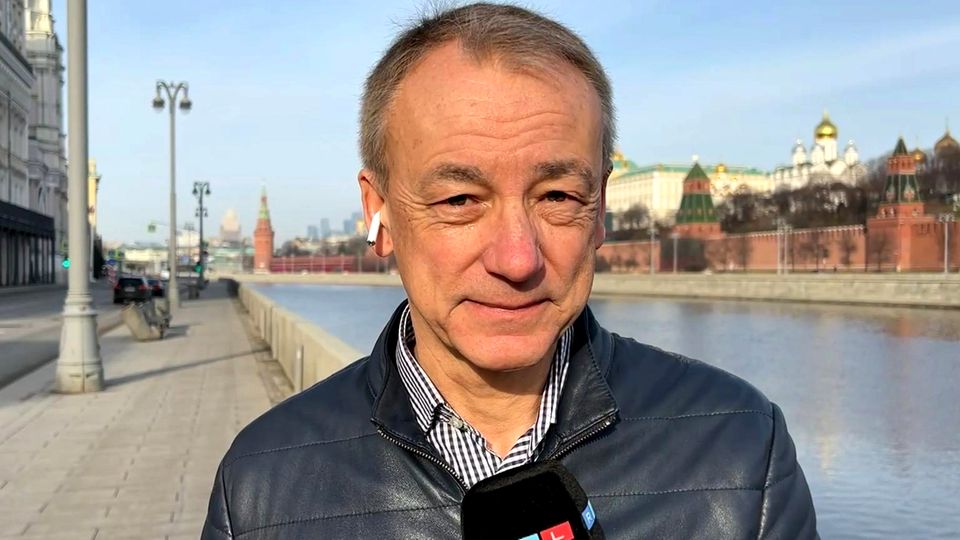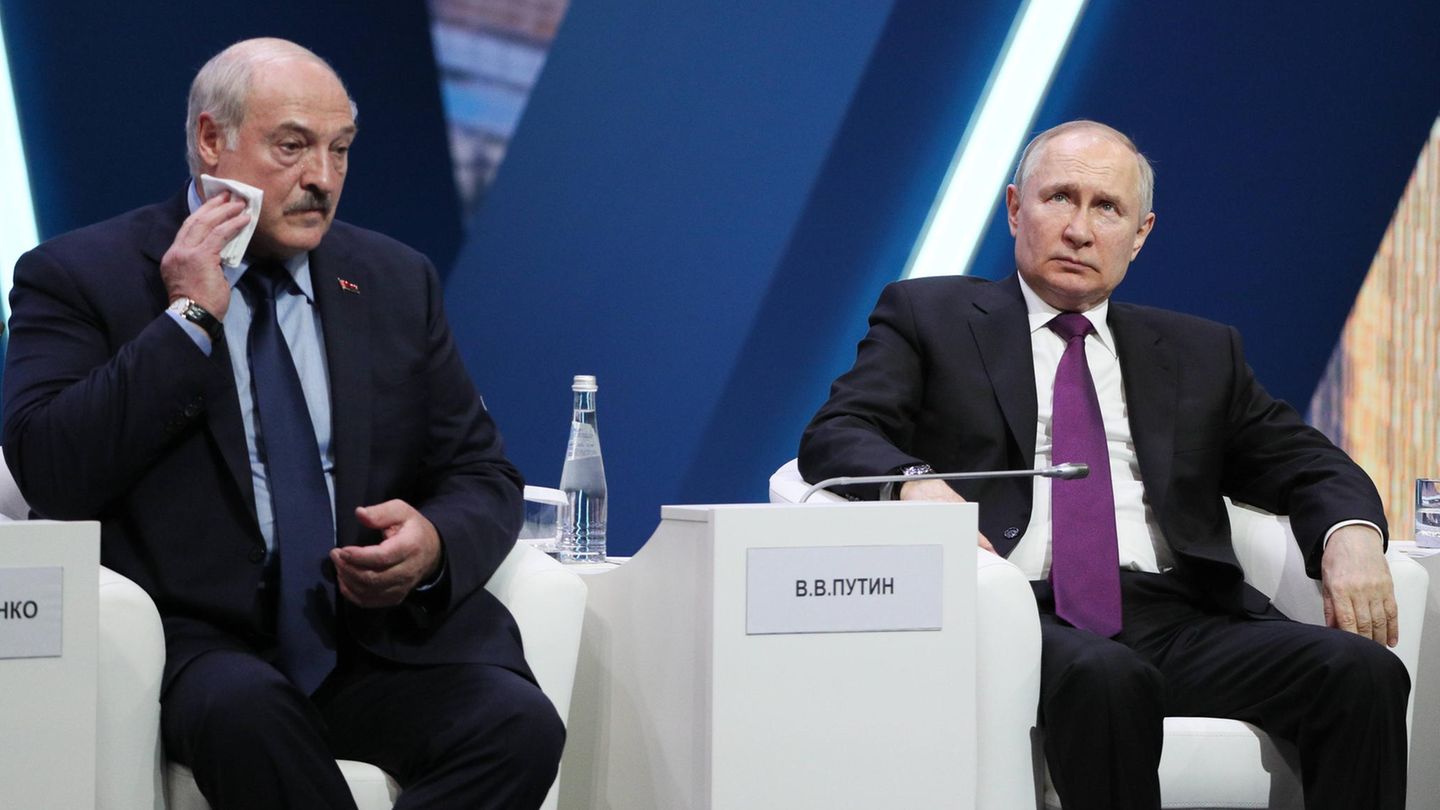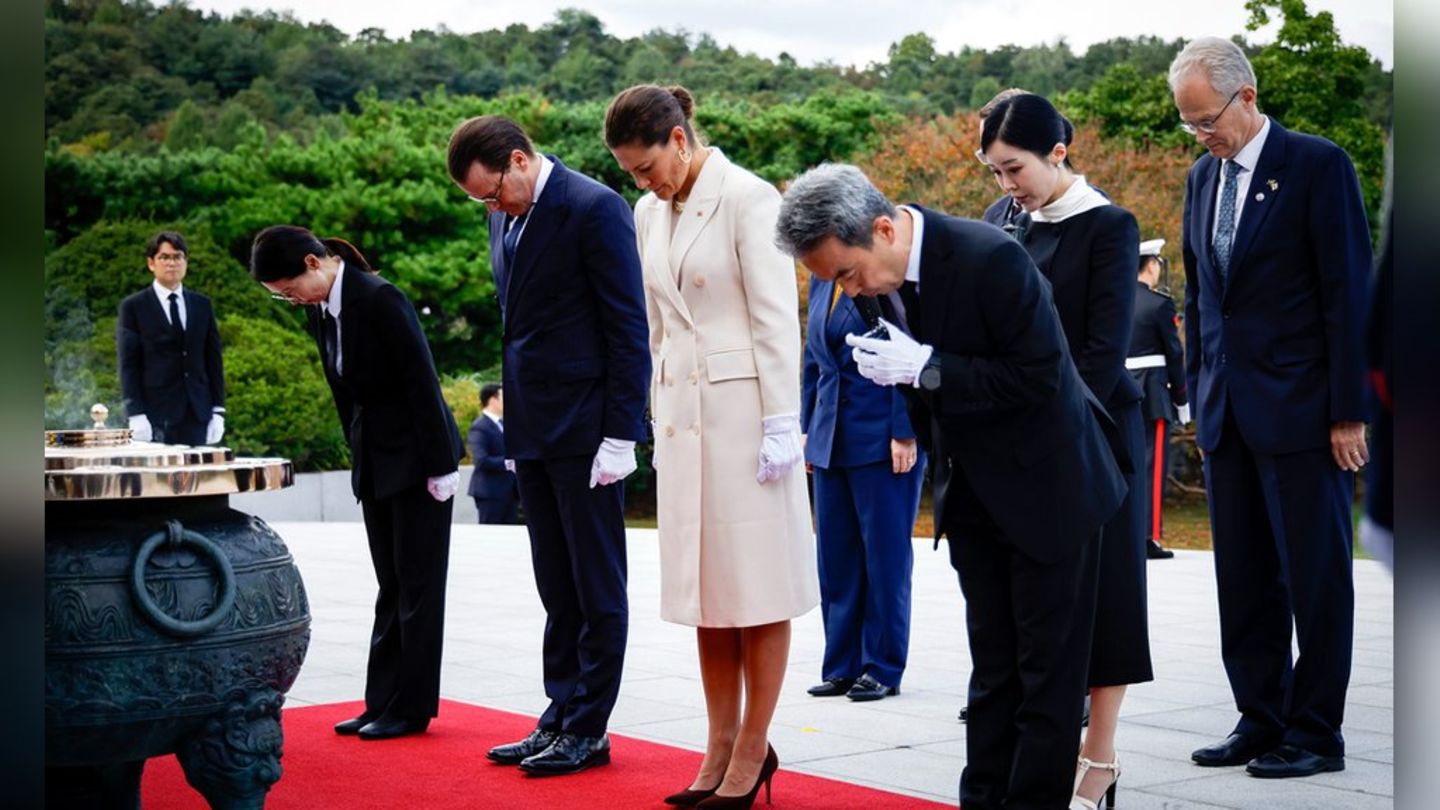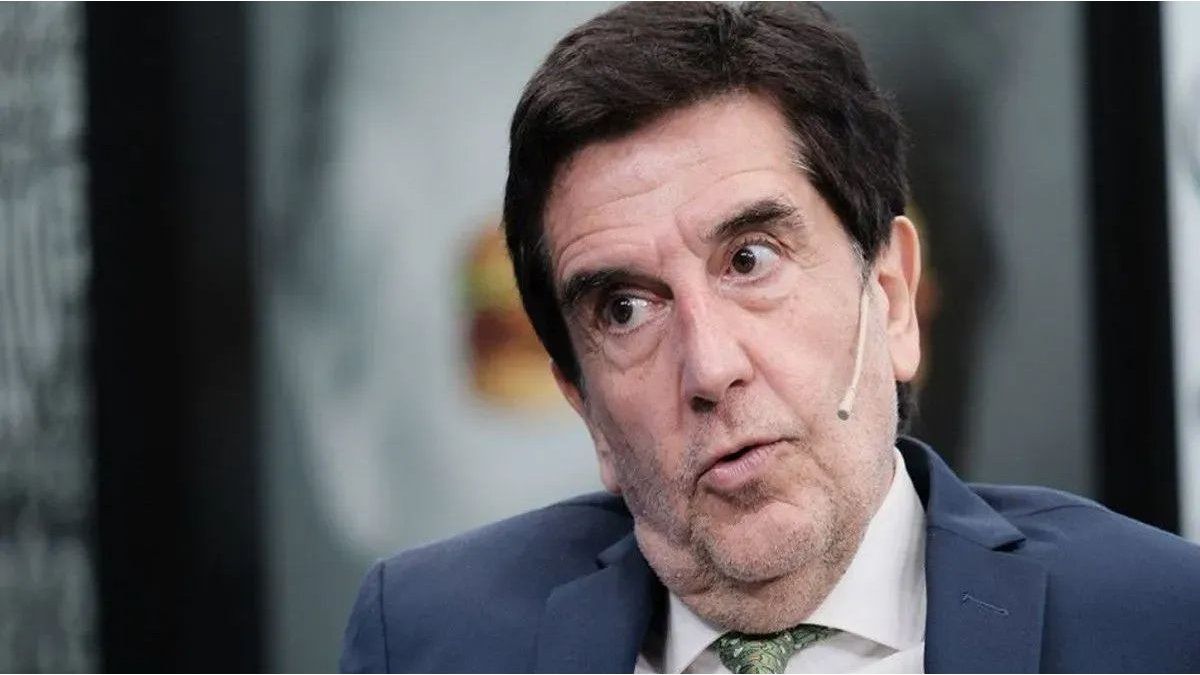Belarus has had nuclear bombs (again) for a few days – and the head of state Alexander Lukashenko promptly offers them to other countries. “Become part of the Union and then there will be nuclear weapons for everyone,” he said on Russian television.
In March 2000, when the Budapest Agreement was less than six years old, the Belarusian Foreign Ministry was forced to deny a sensitive report in a Moscow newspaper. “Novaya Izvestia” said that Russia wanted to transfer nuclear weapons to the neighboring country – contrary to the agreement of 1994. Ural Latypov, representative of the Minsk government, quickly appeased: “The Belarusian constitution clearly states that our country is free of nuclear weapons . And it will stay that way,” he said.
“… and then there will be nuclear weapons for everyone”
Now, 23 years later, these words, like the constitution, are long outdated. What’s more, Alexander Lukashenko’s isolated empire not only possesses nuclear warheads again, the dictator is even willing to generously share them with like-minded states. He would appreciate it if “Kazakhstan and other countries had similar close ties to the Russian Federation as we do,” the Belarusian president said in an interview with the state television channel Russia 1. “It’s very simple: become part of the Russian-Belarusian Union and then there will be nuclear weapons for everyone,” Lukashenko continued.
The union of the two countries has so far been a rather half-hearted attempt by a confederation of states. A number of Eastern European countries such as Bulgaria and Moldova had been invited to join years ago, but declined with thanks. Just a few days ago, Kazakh President Kassym-Jomart Tokayev announced that his country also wanted to stay away from the alliance. De facto, Putin has already turned to annexing Belarus and turning it into a Russian province.
Kazakhstan sees Union critically
Tokayev apparently wants to avoid a similar fate: “The formula ‘Two countries – one state’ (Russia and Belarus, ed.) sets a unique precedent with a single political, legal and economic space,” he said now, “even nuclear weapons are now shared.” Shortly before Pentecost, Russia began “transferring nuclear warfare agents to Belarus,” as Lukashenko said. Many observers assume that Kremlin boss Vladimir Putin is blessing the country with nuclear weapons without the consent of his colleague in Minsk.
With the rearmament, Russia is once again violating the Budapest Memorandum. It was agreed in the agreement at the end of 1994 that the nuclear weapons remaining in Ukraine, Belarus and Kazakhstan after the dissolution of the Soviet Union would be brought to Russia and in return the sovereignty of the three states would be guaranteed. The leadership in Moscow already disregarded the Budapest Agreement with the annexation of Crimea in 2014 and the invasion of Ukraine in 2022.
Lukashenko: “Had to sign a contract”
Lukashenko had already regretted the agreement years ago: “I had to sign the contract at the time because Russia and the USA were putting pressure on me,” he told the Echo Moskvy radio station in 2010. It was “wrong that his country didn’t at least negotiate something in exchange for the return of the nuclear weapons. We should have sold these valuable goods properly,” said Lukashenko. The dictator has repeatedly been accused of illegal arms trading, including with Iraq under the then head of state Saddam Hussein.

When Vladimir Putin announced in March that he would transfer nuclear warheads and Iskander launchers to Belarus, his Defense Minister Sergei Shoigu expressly emphasized that control and the decision to use them would remain with the Russian side. Lukashenko later explained that in an emergency he could also get strategic nuclear weapons from Moscow – and decide whether to use them himself. But Russia denied this. And now Lukashenko stands up and offers the newly stationed nuclear weapons for sale like a barker at a fish stand. Albeit without further explanation.
US will ‘not adjust nuclear stance’
However, his statements fuel fears that nuclear weapons could spread unchecked and thus fall into the wrong hands. The Belarusian opposition activist Svetlana Tichanovskaya, on the other hand, criticizes the stationing because it makes the country a possible target. “If these weapons are used, the consequences will be terrible. For Ukraine, but also for Belarus,” she said in an interview with “Spiegel”. The US describes the transfer as “irresponsible” and “provocation” but sees no reason to “adjust its own nuclear stance,” as the White House puts it.
HIMARS, Leopard 2 and Co.
Which country supplies which weapons to Ukraine?
However, it is unclear to what extent the words of the 68-year-old dictator Alexander Lukashenko should be taken seriously. Recently he apparently had health problems, but after a long absence he appeared again on state television with a satisfied smile. He has ruled Belarus for almost 30 years, but he and his country have long been dependent on the weal and woe of Moscow. For a long time, he and Kremlin boss Putin had a cat-and-mouse partnership, some of which tipped into open rejection. In 2015 he said bitterly ironically about him: “I thank Putin for no longer being Europe’s last dictator.” Belarus has now relegated to being a vassal of Moscow and a recipient of nuclear weapons.
Sources: DPA, AFP, , , “”,
Source: Stern
I have been working in the news industry for over 6 years, first as a reporter and now as an editor. I have covered politics extensively, and my work has appeared in major newspapers and online news outlets around the world. In addition to my writing, I also contribute regularly to 24 Hours World.




